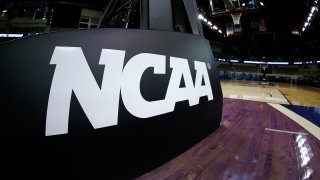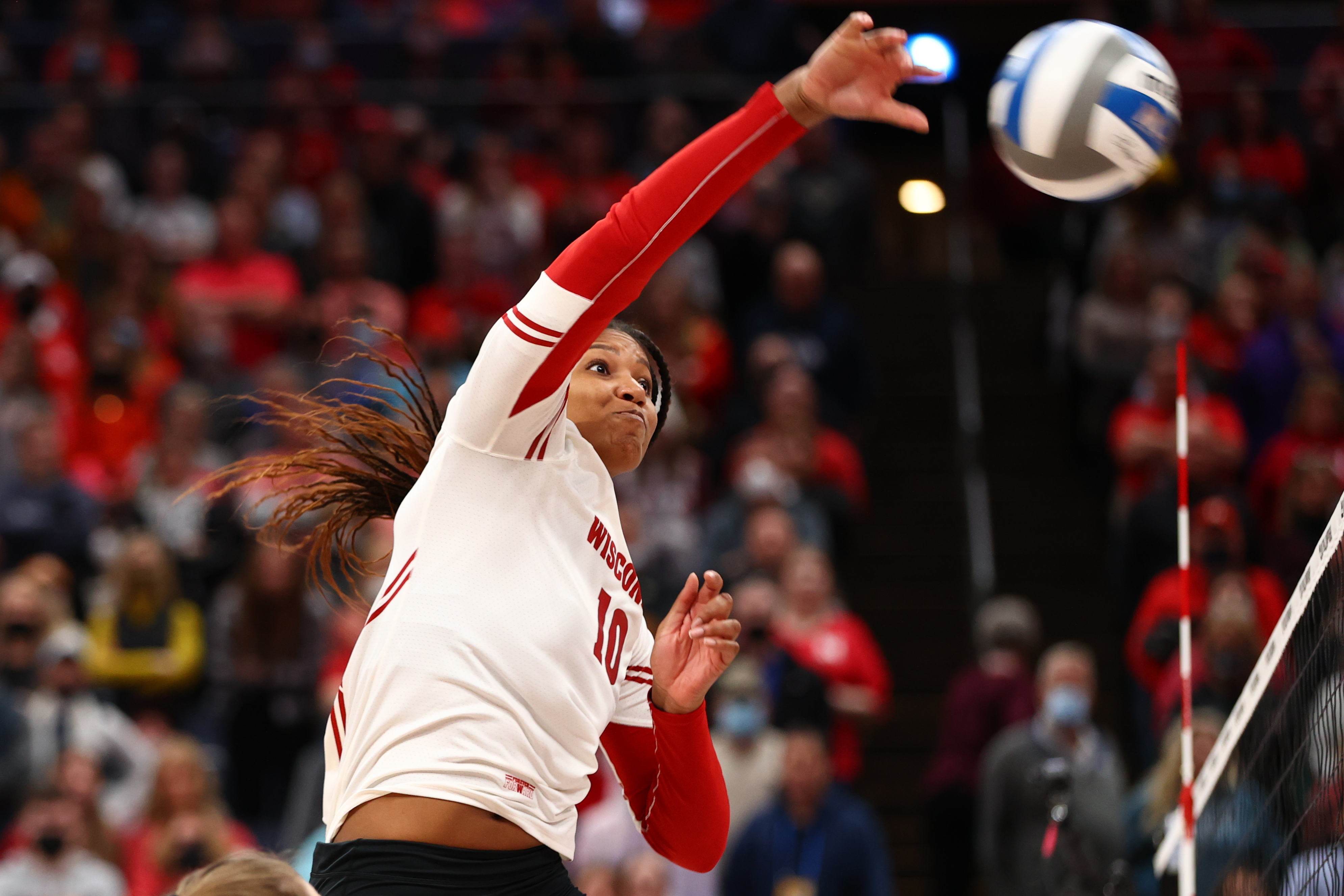
As we get deeper into March Madness, the games continue to intensify as the competition dwindles down. And for those watching who don't have much experience with the game, there may be a ton of questions, especially when it comes to fouls.
The rules of college basketball are a lot different than the National Basketball Association (NBA). And when it comes to fouls, there are also many differences between the two leagues.
Before we get to the national championship, here's everything you need to know about the fouls in the NCAA:
When does a player foul out in college basketball?
Get top local stories in San Diego delivered to you every morning. Sign up for NBC San Diego's News Headlines newsletter.
Each time that a player commits a foul during a game, they receive a personal foul. If the player reaches a certain foul total during the game, they will "foul out" and will not be allowed to play any more. In the NCAA, it takes five fouls to "foul out," unlike in the NBA, which takes six fouls.
What is a shooting foul in college basketball?
When a defensive player makes physical contact with a player while they are shooting the ball, it is called a "shooting foul." Shooting fouls will then result in free throw attempts for the fouled player. If a shooter is fouled while attempting a two-point shot, they will receive two free throws, and if they are fouled while behind the line, they will receive three free throws.
SportsWrap
The top sports headlines of the day
If a player is fouled and makes their attempted two- or three-point shot, the fouled player will receive one extra free throw, which is called an "and-one."
What is a technical foul in college basketball?
A technical foul is a foul that doesn't have to be a result of illegal contact against a player.
Technical fouls can be called on players or coaches on both the floor or the sidelines. They result in a free throw and also possession of the ball for the opposing team. If a player or coach receives two technical fouls in the same game, they will be ejected.
Recently, the NCAA made a move towards getting rid of “flopping,” which is an intentional fall or stagger by a player after little or no physical contact by an opposing player in order to draw a personal foul. Players will receive a warning for a delay of game on the first instance of flopping, and the second will result in a technical foul.
Hanging on the rim for too long can also result in a technical foul. Sometimes officials get that call wrong. Like during Sunday’s NCAA tournament game between Illinois and Houston.
Fighting Illini guard RJ Melendez slammed home a breakaway dunk in the 2nd half of the 68-53 loss and was called for a technical foul for hanging on the rim. Many fans and former athletes thought the call was wrong because due Melendez’ momentum taking him towards the baseline he appeared to just be trying to safely land.
Coaches also can be ejected if they receive two technical fouls. UConn head coach Dan Hurley was ejected from the first half of the UConn-Villanova men's basketball game on Feb. 22nd.
Hurley received the first tech for slamming his fist on the scorers’ table and was ejected from the game seconds later after turning to the crowd and waving his arms in the air, imploring fans to get loud.
What is a flagrant 1 foul in college basketball?
A flagrant 1 foul is a result of excessive contact that in nature is categorized as unnecessary or avoidable. The fouled player will receive two shots, and the opposing team will gain possession of the ball.
What is a flagrant 2 foul in college basketball?
A flagrant 2 foul, however, is much more extreme. The fouled player will receive two shots and the ball, and the player that committed the foul is ejected from the game. The NCAA rules committee describes a flagrant 2 as “brutal, harsh or cruel or dangerous or punishing.”
Some flagrant 2 fouls are often very controversial. Saturday's NCAA Tournament game between North Carolina and Baylor, Tar Heels forward Brady Manek was called for a flagrant 2 and was ejected from the game. Though UNC went on to defeat Baylor, the call elicited a strong response on social media, and many fans felt Manek's actions should've been a flagrant 1 at the very least.



